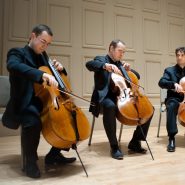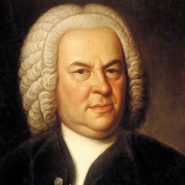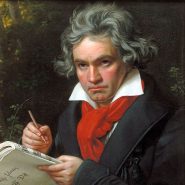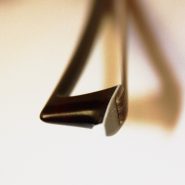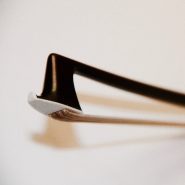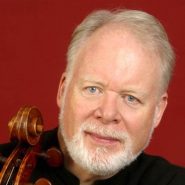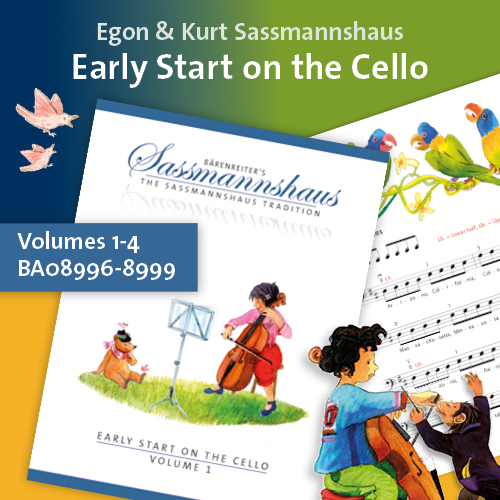Tag: cellobello
By Blaise Dejardin February 2, 2013
Subjects Artists
Tags arrangements, backstage, Blaise, Boston, Boston Cello Quartet, Boston Symphony Orchestra, Boston Youth Symphony Orchestra, BSO, cello, cellobello, change of concept, classical music, comedy, compositions, concert, Dejardin, fun classical music, generations, jazz, making a living, musical comedy, musical styles, new arrangements, orchestra playing, orchestral musicians, Ozawa Hall, quartets, repertoire, rotating chairs, skype, strange concepts, structure, success, Tanglewood, Tanglewood Cello Ensemble, Tanglewood on Parade, Tanglewood Shed, tango, virtuosic music, virtuoso
By Martha Baldwin January 27, 2013
Subjects Orchestra
Tags Baldwin, cello, cellobello, challenges, chamber music, choices, Cleveland Institute of Music, Cleveland Orchestra, colleagues, concert halls, concerts, direction, establish a career, family time, focus, happiness, inspiration, lifestyle, Martha, mom-friendly schedule, money, musical talents, orchestra, orchestral jobs, personal ideas, predictability, rehearsals, routine, short attention span, social outlets, soloist, stability, status, Teaching, Touring, Travel, variety, working full time
By Wayne Burak January 21, 2013
Subjects Instrument Care
Tags accessories, attention, bow, bow grip, bow rehair, Brazilwood, Burak, cello, cello bow, cello cases, cello strings, cellobello, computer back up, computers, fresh bow rehair, frog, frog position, humidity, instrument cases, latches, music, New Year's resolutions, organization, organization of sheet music, pearl eye, pernambuco, rock stops, rosin, sheet music, strings, tension, warp, Wayne
By Robert Battey January 16, 2013
Subjects Repertoire
Tags accuracy, ambiguity, Anna Magdalena, Anner Bylsma, artistic, autograph, Bach, Bach Cello Suites, Bach Suites, Bach's original intentions, Bach’s precise intentions, Barenreiter, Battey, careless, cello, cellobello, challenges, colors, complexities, conclusions, curiosity, dilemma, Editions, editors, enjoyment, experimentation, flawed, genius, historical, inconsistent copies, instrument control, Instruments, interpretive creativity, interpretive ideas, Janos Starker, judgment, liberation, lute, lute arrangement, meaningful interpretations, monochromatic, normal teaching model, Pablo Casals, painting, parameters, paris, personal research, personality, phrasing, Pierre Fournier, printing, publications, rainbows, recordings, repertoire, response, Rhythm, robert, sloppy, slurs, study, Teaching, text booklet, textual, The Fencing Master, transcribing, uncertainties, virtuosity
By Jonathan Pegis January 9, 2013
Subjects Orchestra, Repertoire
Tags audition excerpt, Auditions, Beethoven, Beethoven Symphonies, Beethoven's 5th Symphony, bow control, bowings, breathing, cello, cello excerpt, cellobello, control, effortless, experiment, experimentation, fingerings, intonation, Jonathan, Northwestern, pacing, Pegis, phrasing, slow breathing, string crossings, Symphony, tempo, variations, variations on a theme, vibrato
By Jonathan Pegis December 11, 2012
Subjects Orchestra, Repertoire
Tags attention to detail, Beethoven, Beethoven Symphonies, Beethoven's 5th Symphony, bow control, bow technique, cello, cello excerpt, cellobello, continuous vibrato, details, dynamics, Excerpts, intonation, Jonathan, legato, melody, musicality, Pegis, phrasing, practice tips, Preparation, Rhythm, shifting, singing, Sound, sound production, technical challenges, tempo, vibrato
By Brant Taylor December 4, 2012
Subjects Practicing, Technique
Tags Bach, bow, bow strokes, Brant, Brant Taylor, cellists, cello, cellobello, Chicago Symphony Orchestra, Concerto, contact point, CSO, frog, Pinchas, Shostakovich, success, Taylor, Technique, variables, weight, Zukerman
By Brant Taylor November 28, 2012
Subjects Practicing, Technique
Tags bow speed, bow technique, Brant, bridge, cello, cellobello, contact point, control, pressure, relaxation, struggle, Taylor, tone, variables, variation, Vibrations, weight
By Mark Summer November 16, 2012
Subjects Playing Healthy, Travel
Tags blogs, cello, cellobello, concerts, environment, exercise, exhaustion, flights, flu relief, Habits, Healthy, illness, Mark, performances, pressure, Rest, string quartet, suggestions, Summer, swimming
By Blogmaster November 14, 2012
By Aron Zelkowicz November 9, 2012
Tags acoustics, Aron, audience, cello, cellobello, challenges, Dvorak, endpin, gestures, illness, live performances, musicians, orchestras, perspective, stage, struggle, themes, tour, Zelkowicz
By Selma Gokcen November 5, 2012
Subjects Playing Healthy, Practicing
By Jonathan Pegis October 19, 2012
Subjects Orchestra, Repertoire
Tags accents, Audition, Beethoven, blog, bow changes, bow speed, cello, cellobello, coaching, confidence, control, dynamics, education, Excerpts, inflection, legato, markings, mistakes, nerves, orchestra, orchestral excerpts, phrasing, practicing, Preparation, pressure, recording, release, Rhythm, singing, sustain, Symphony, teacher, Teaching, technical challenges, variations, vibrato
By Brant Taylor September 27, 2012
Subjects Artistic Vision, Orchestra
By Avery Waite September 21, 2012
Subjects Artistic Vision
Tags adventure, Afghanistan, Avery, beauty, cello, cellobello, impact, improvement, intensity, Kabul, language, learning, musical language, patience, students, success, teacher, Teaching, traveling, Waite
